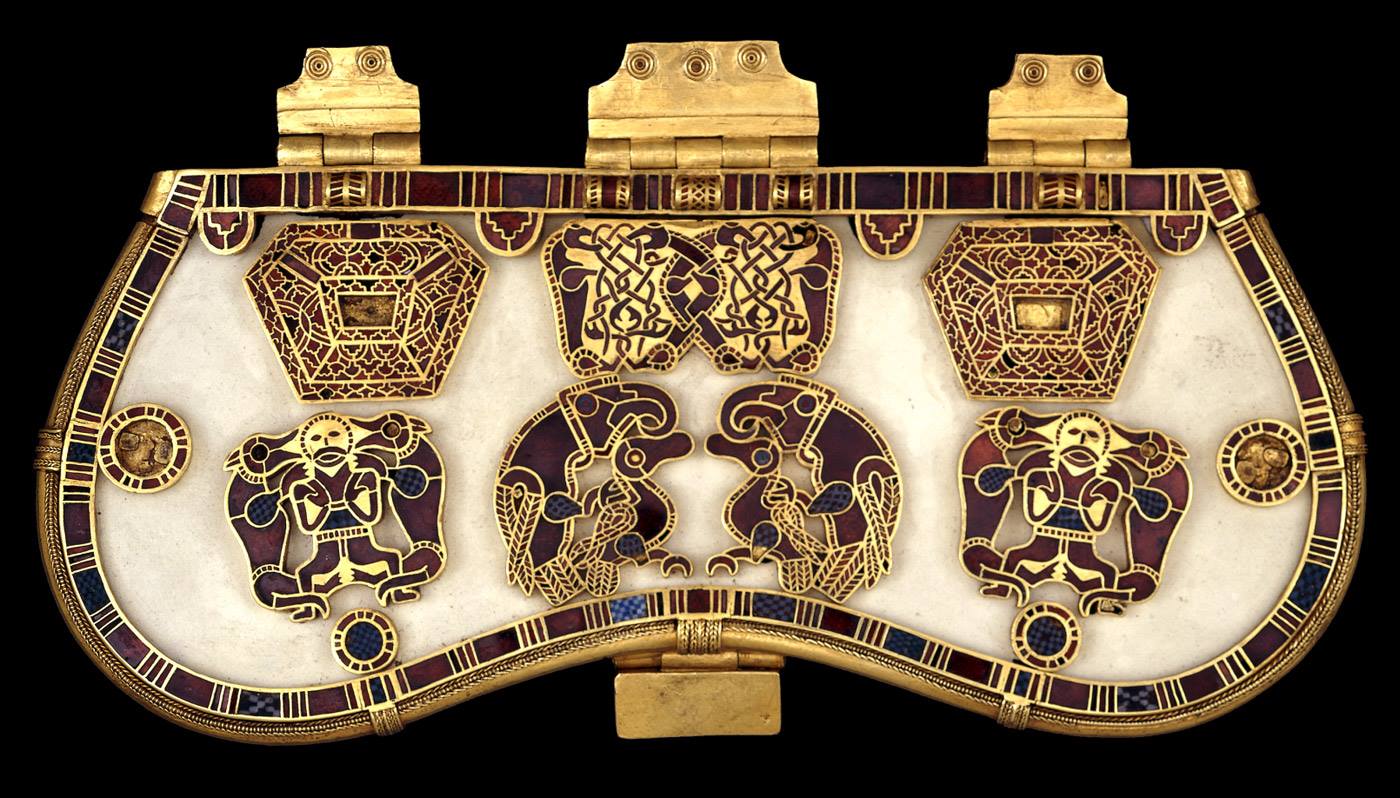Cripple. History Major. Irritable and in constant pain. Vaguely Left-Wing.
- 931 Posts
- 2.74K Comments

 14·12 hours ago
14·12 hours agoFantastic idea! I miss Tumblr terribly ever since the Great Porn Ban of 2018, even though I never even reblogged or followed ‘adult’ blogs. I just wanted to reblog holsum and funny fanart, but fuck giving into puritan corpo censorship.
What’s the moderation policy on genocide denial and the like? I hate having to ask this, but having heard too many people deny the Holodomor on here, I feel it necessary to make the inquiry.
For that matter, more generally, are you prepared, in terms of moderation structure, for the massive amount of legitimately disturbing material that’s going to pass through the site and will need to be removed if the site grows beyond a few hundred users? I would hate to join and then see this crash because of (completely understandable) moderator/admin burnout at the depravity and speed of mankind’s worst elements.

 1·13 hours ago
1·13 hours ago
One of the biggest hurdles would be, since we still have a FPTP system, mutually agreeing when to withdraw and support the other party’s candidate in races where the fascist candidate(s) seem poised to win. Especially since the nature of politics means that both sides would be looking to screw each other over… and the Dems have a lot of experience in screwing over political rivals.
JUST BASH ME LIKE A RAT! JUST BASH ME LIKE A RAT AND GET IT OVER WITH!
Man, you don’t get off that easy in modern first world farming, much less pre-modern subsistence farming.
People don’t live in houses made out of literal shit because they’re too busy inventing the jig three days of the week; nor do they starve and freeze for lack of material goods because they’re just too lazy to go out and forage in their abundant spare time; nor do they cultivate extensive ectoparasite infestations because that’s the latest fashion. Subsistence farmers don’t work 'round the clock only because there is no fucking clock; people work from sunup to sundown, and often longer.
Is it not braindead to share pop culture myths that can be disproven by a single google search, or am I fucking condemned to forever see this shite along with such luminaries as “We only use 10% of our brain” and “Before Christopher Columbus, people thought the earth was flat”?

 20·2 days ago
20·2 days agoYeah. I’m not shocked or anything, but there’s a very nonzero chance that I’ll be vomiting blood on the floor of my kitchen in the coming years until I exsanguinate.
At least I won’t be a drain on the taxpayers anymore. Thanks, abstainers, for saving a poor wretch like me the immense burden of continuing life.

 372·2 days ago
372·2 days agoDon’t worry, plenty of non-Russians think Ukrainian lives are an acceptable price to pay for…
… not really sure what they think they’re getting out of it. But it’s very important that Russian fascists get to genocide all the Ukrainians they want, apparently.
The top three are Shoestring, Curly, and Wedges, though not necessarily in that order. I still have not managed to figure out how the fuck restaurants make their shoestring (and steak) fries so fucking good.
Next are waffle fries and onion rings. They’re okay.
Sweet Potato fries and tots after that. Just not my thing.
Whoever likes zigzag/crinkle-cut fries is a monster. May god have mercy on their twisted souls.
The secret winner though is zucchini fries, which are mana from the heavens.
Fuck’s sake, not this braindead take again.
New And Reformed Floridaman, or Old Floridaman? Because honestly I can parse that as a good deed or a bad one depending on how you want to frame it
See, now THIS is inaccurate.
Relaxation hadn’t been invented at the time

 9·3 days ago
9·3 days agoThis is what I mean when I talk about how no amount of suffering will turn people to our side.
Suffering will not cure these fuckwits.

 2·3 days ago
2·3 days agoYeah, if a siren texted me this I couldn’t promise I wouldn’t accept tbh

 18·3 days ago
18·3 days agoShe can make me
worsedead

 27·3 days ago
27·3 days agoSirens were ancient creatures of mythology who sang to passing ships, inducing those onboard to throw themselves into the sea.
Just a joke about how content creation is sometimes seen as juvenile, especially for men.

 11·4 days ago
11·4 days agoFucking fascist ghouls. Good on Mamdani for not putting up with it, though it’s horrifying that this is already a fucking concern.
Definitely mugging for the audience
… yes, labor is generally a pretty key piece of economic activity. There’s extensive archeological evidence about the processes of Ancient Egyptian economics, including discussions of obligation, payment, negotiation, etc.





“You’re divorced??”
“Not yet.”